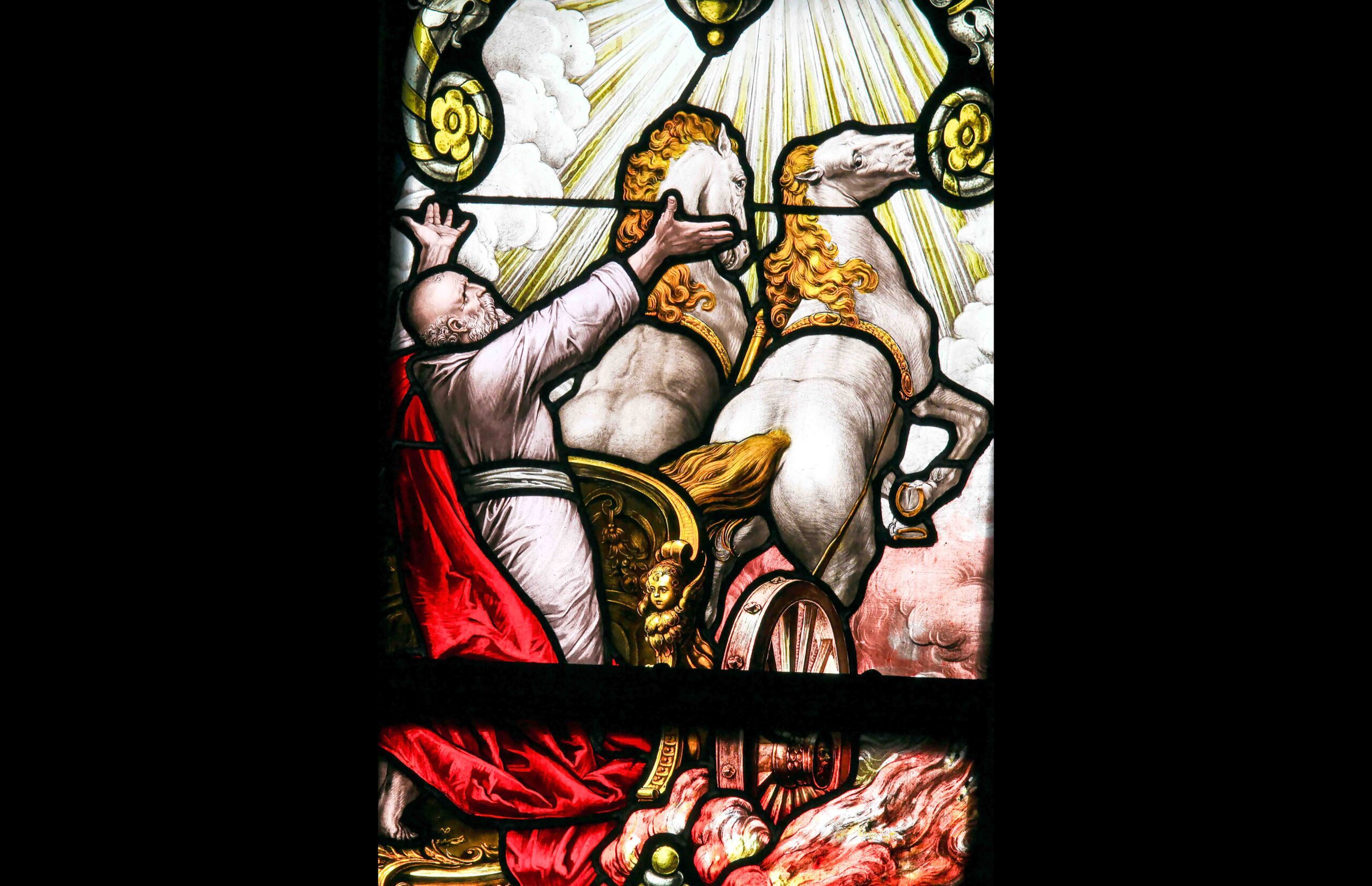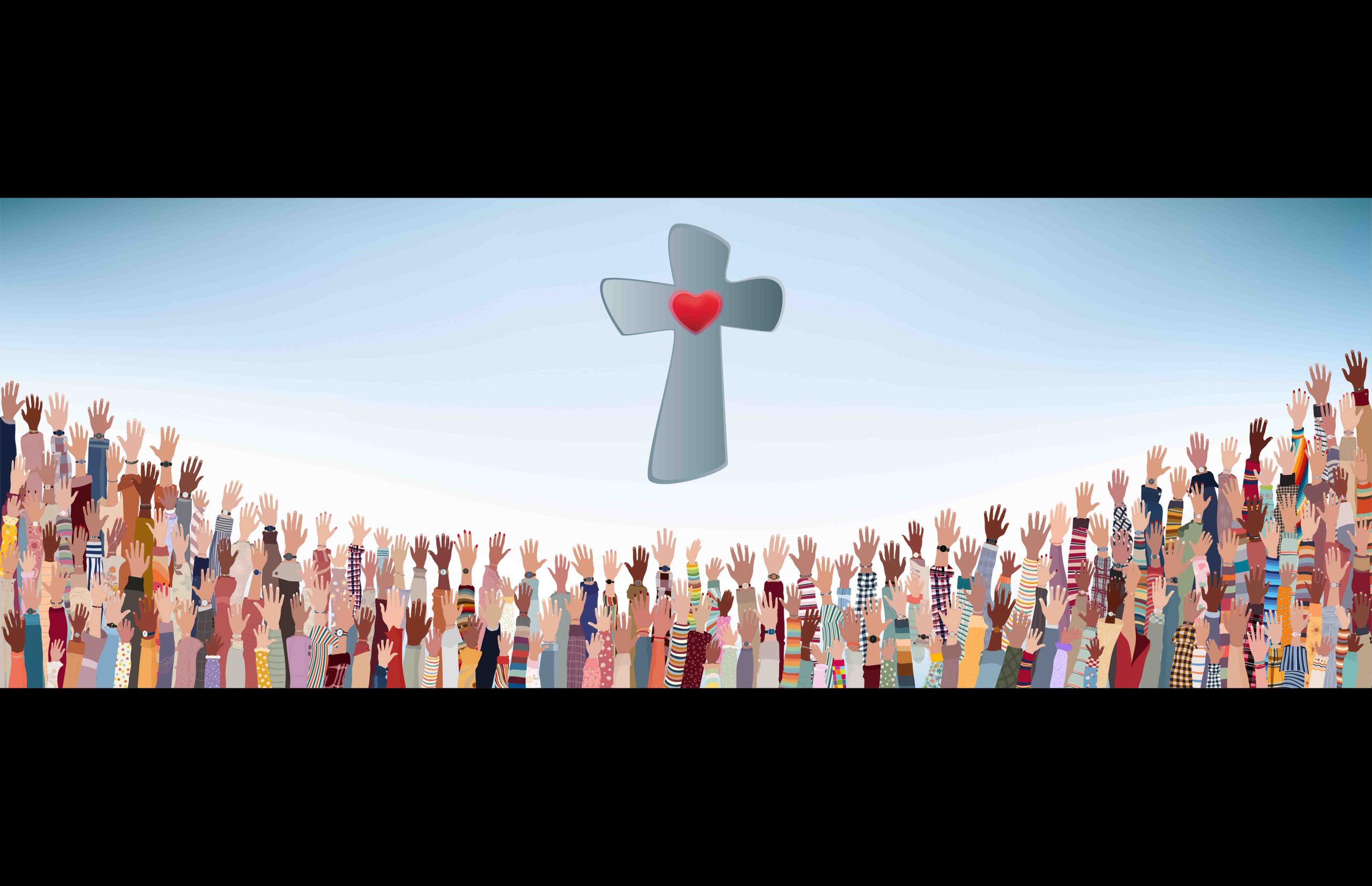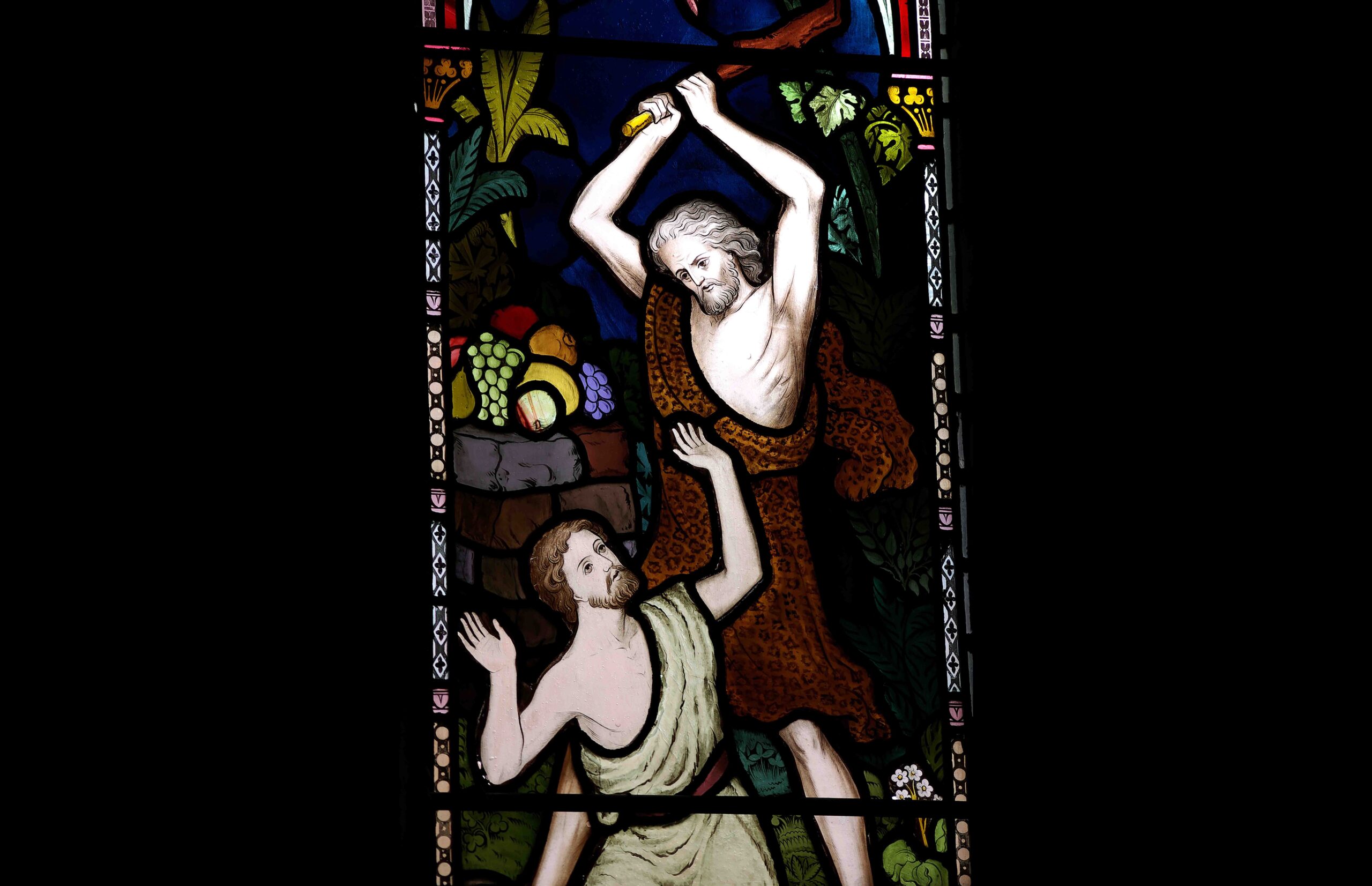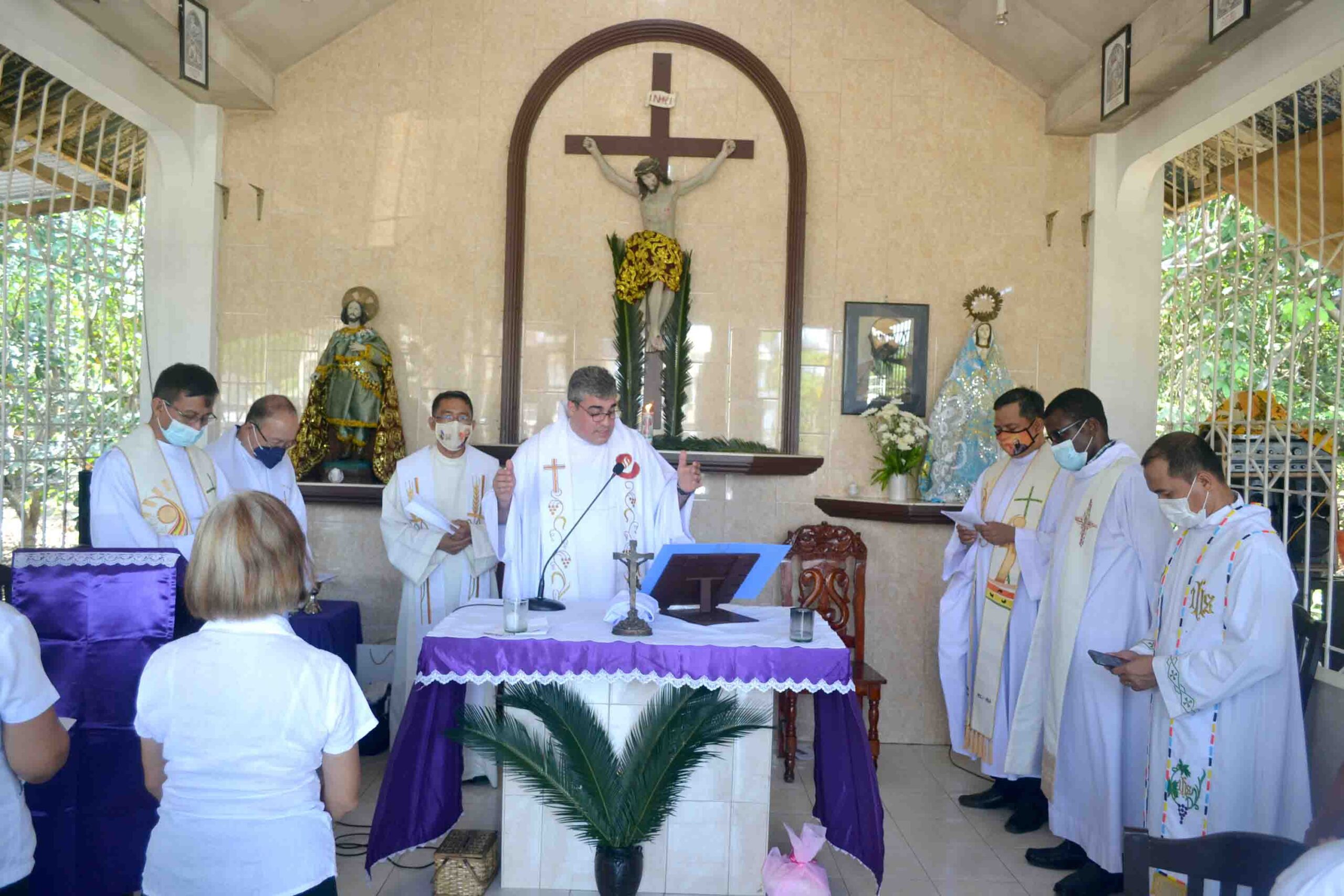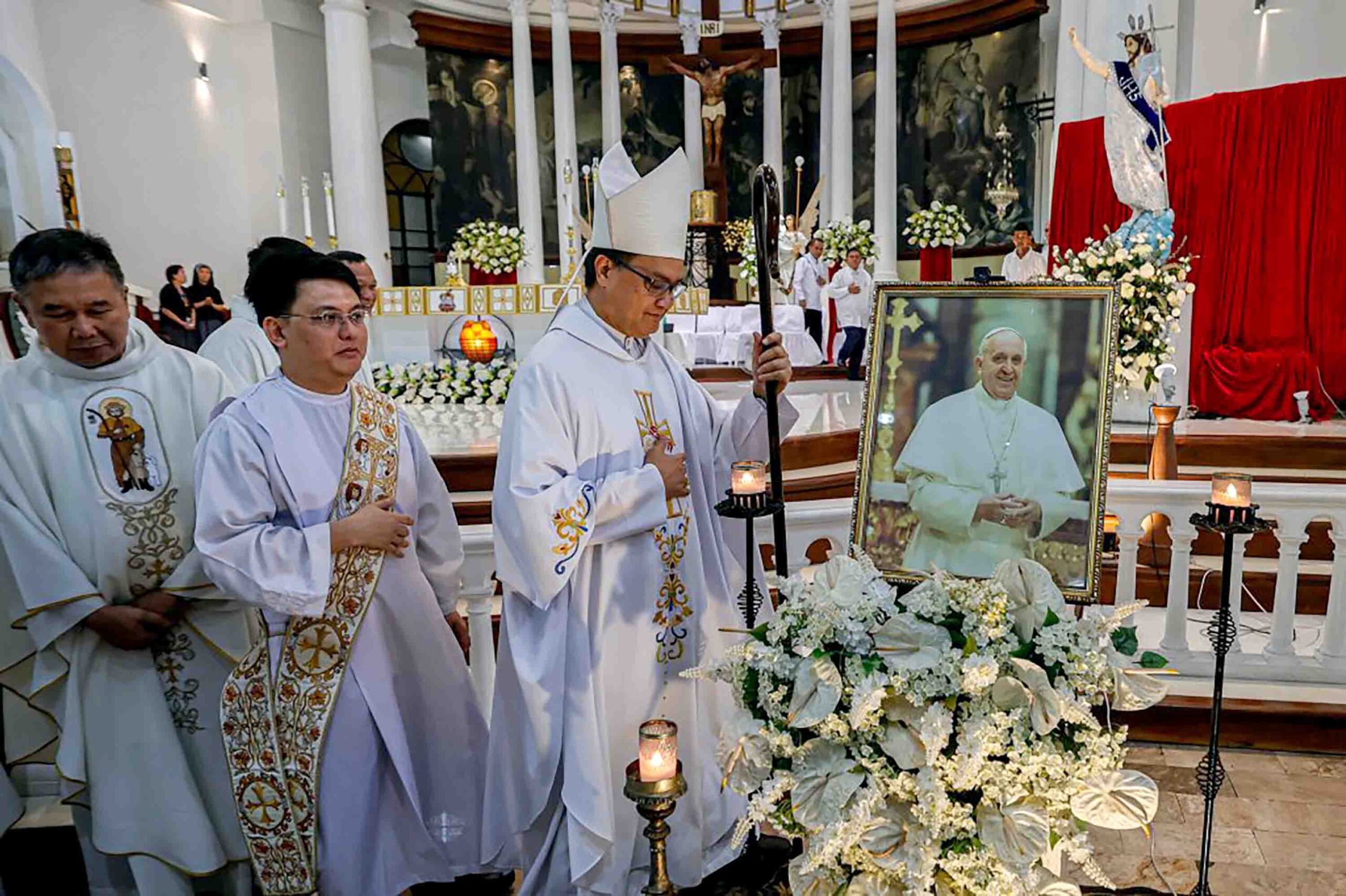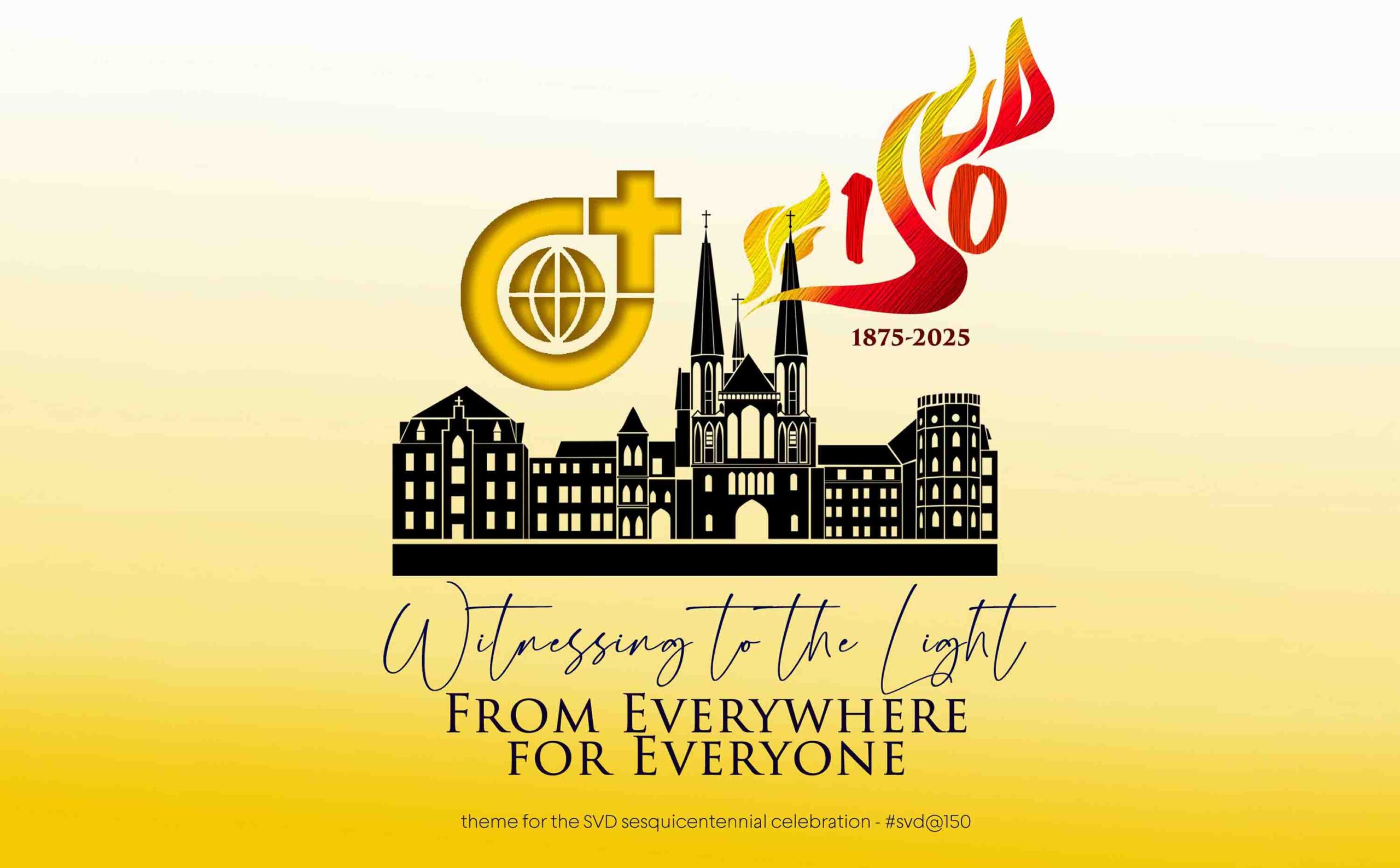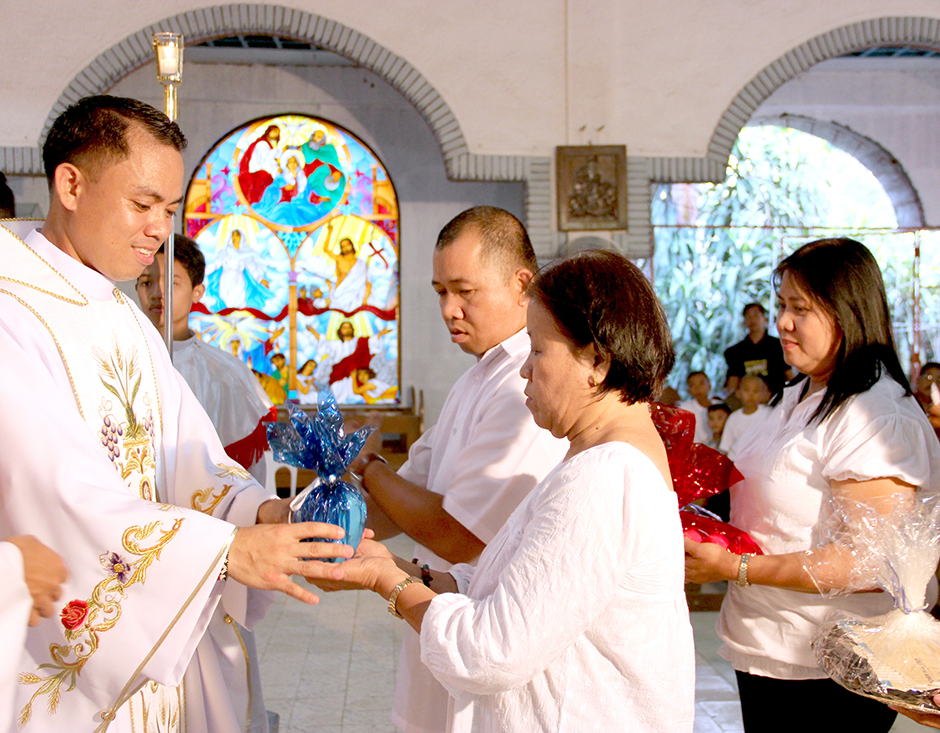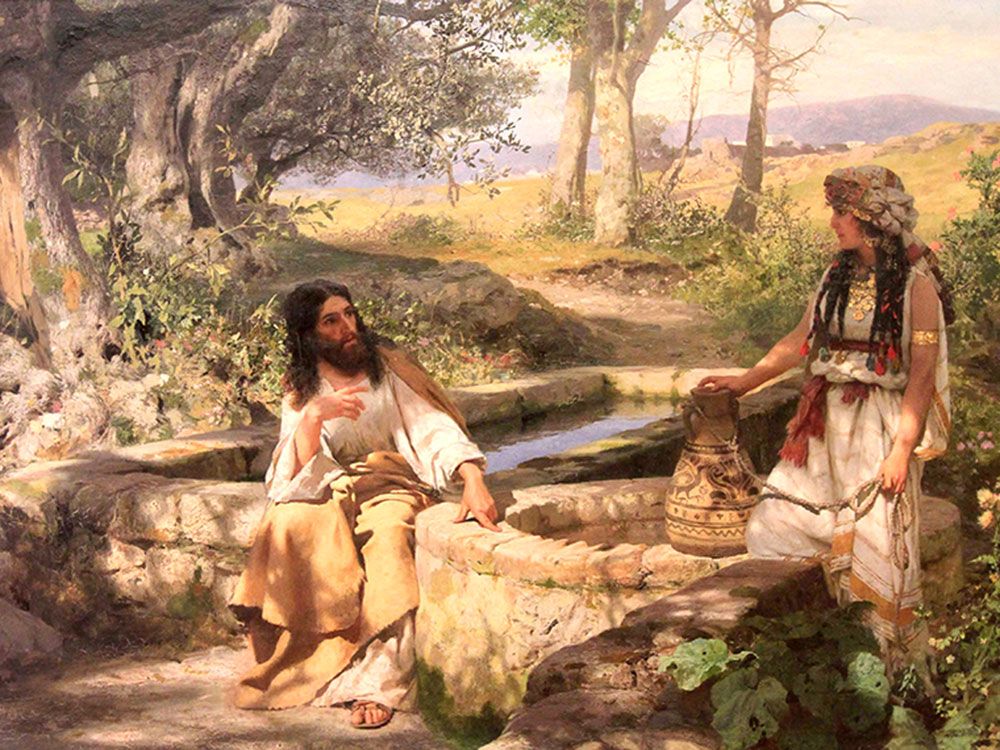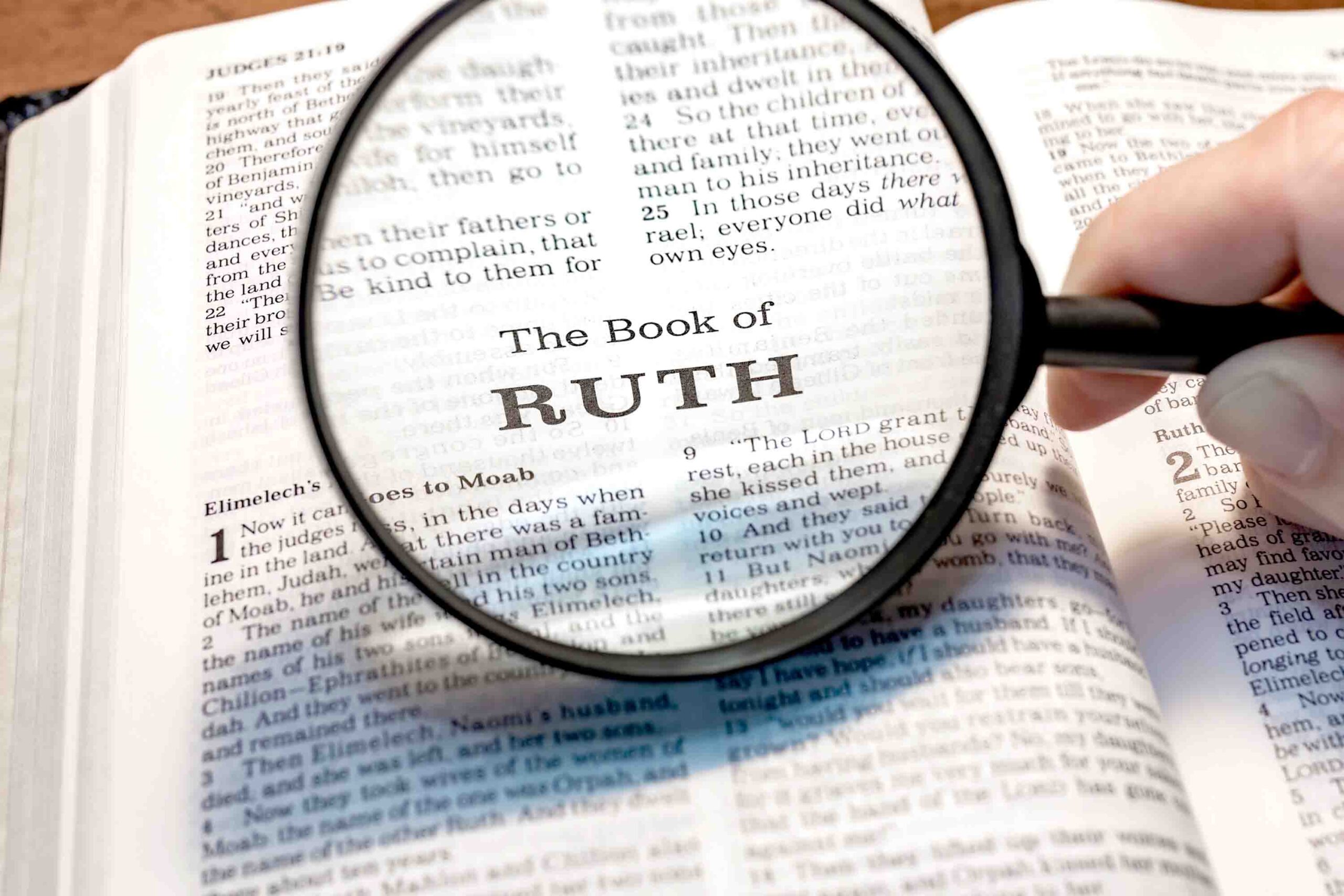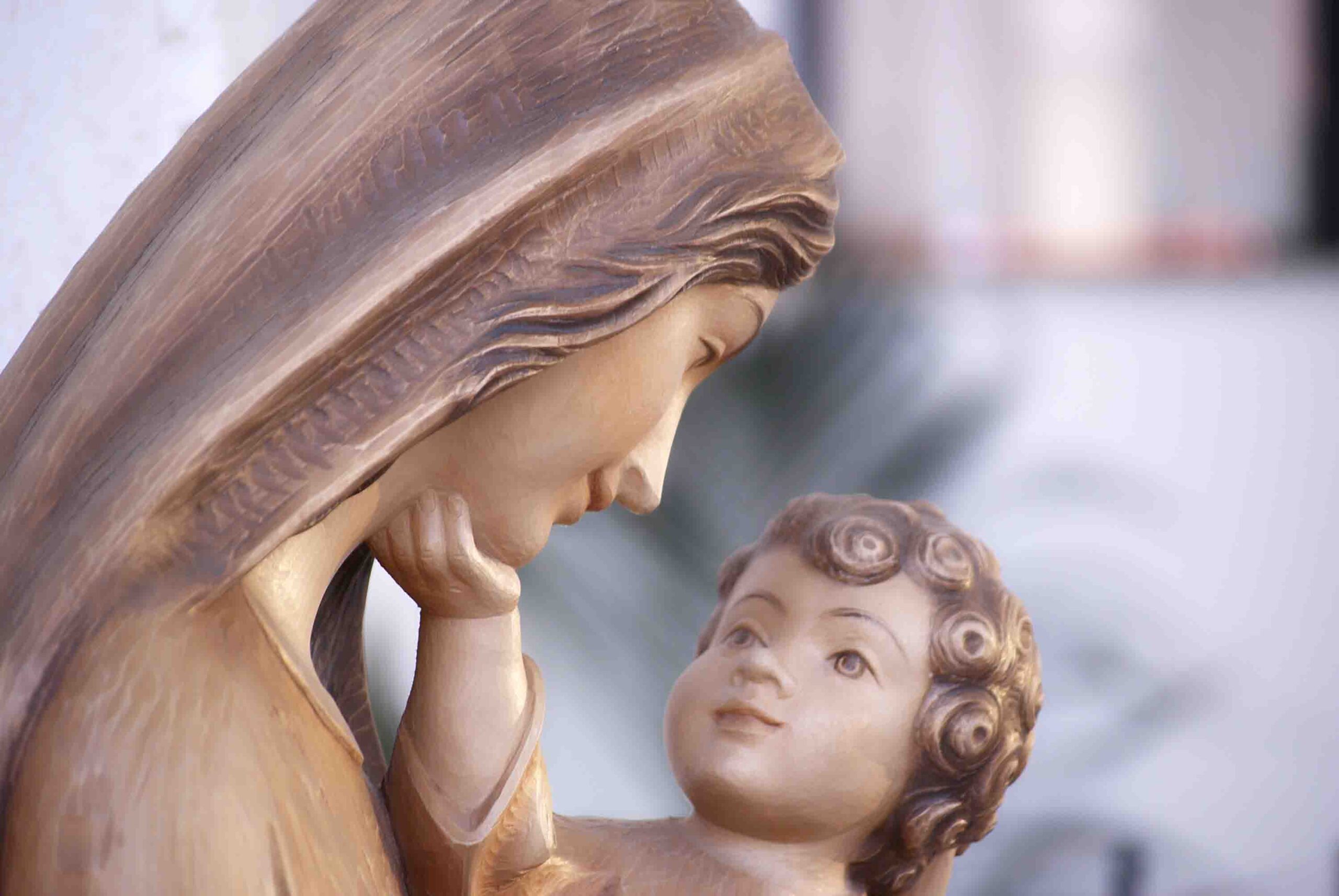Born in Gilead, the Tishbite Elijah lived in the ninth century BC, during the reign of King Ahab, ruler of Judah. Ahab, who was married to Jezebel, “did evil in the sight of the Lord more than all his predecessors.” This was a period of great apostasy, in which the people abandoned their covenant with Yahweh, turned away from the worship of the Lord, and devoted themselves to the worship of Baal and Asherah, the Canaanite fertility gods. It was in this context that God called the prophet Elijah to summon the people to conversion, denounce idolatry and social injustices, and proclaim the Lord as the one true God.
Scripture describes Elijah as a man of strong, austere character and unwavering faith. He was a powerful proclaimer of God’s Word. However, before proclaiming it, he first received it himself.
Elijah performed many miracles in the name of the Lord, whom he served and loved. One of the most compelling stories about him is his encounter with the widow of Zarephath—a story of total trust in God. Upon arriving in Zarephath, as the Lord had commanded, Elijah met a widow and asked her for water, which she gave him. He then asked for bread, to which she replied: “By the life of the Lord your God, I have no baked bread; I only have a handful of flour in the pot and a little oil in the jar. As soon as I have gathered a little wood, I will go into the house to prepare what is left for me and my son. We will eat it, and then we will die” (1 Kings, 17:12).
However, enlightened by God’s word and full of trust in the Lord, Elijah reassured her, urging her to share her bread with the promise that, because of her generosity, “the pot of flour will not run out, nor will the oil be lacking in the jar until the day the Lord sends rain upon the earth.” The widow trusted the words of a stranger and did as Elijah asked. And God fulfilled His promise.
The Lord also calls us to proclaim His Word, to denounce injustice, to praise His name, and to love our brothers and sisters. He invites us to reach out to the last and the marginalized, to the forgotten and downtrodden, to those who suffer in loneliness and emptiness. When we dedicate our lives to God’s service, surrendering ourselves to Him, He remains faithful to His Word. Elijah’s vocation challenges our own, calling us to live out our faith without reservation, always trusting in God.
FIDELITY TO GOD’S PLAN
Like each of us, Elijah had his weaknesses, fears, and moments of discouragement–even wishing for death (1 Kings, 19:1-8). He faced relentless persecution from Queen Jezebel, who repeatedly sought to kill him. Yet he was never alone. As proof of this, God performed an extraordinary act, taking Elijah from the earth without experiencing death. A chariot of fire, drawn by horses of fire, separated Elijah from his disciple Elisha and carried him to heaven in a whirlwind (2 Kings, 2:11).
God never abandons those He calls. He never leaves us alone. We must believe in and experience His love in every moment of our lives. Often, it is difficult to understand and explain this love–especially in times of war, loss, injustice, or illness. Yet Jesus walks with us, encouraging us, for He, too, endured suffering and death. And death did not have the final victory–Jesus rose again, showing us that life always triumphs.
Elijah also teaches us the importance of attentiveness to God’s voice. The Lord revealed Himself to Elijah not through a fierce wind that shattered mountains, nor through an earthquake or fire, but through “a whisper of a gentle breeze.” It was in this stillness that Elijah encountered God.
Through prayer, reading Scripture, and listening to our hearts, we, too, can hear God’s voice. And, like Elijah, we are called to be faithful and courageous disciples.

